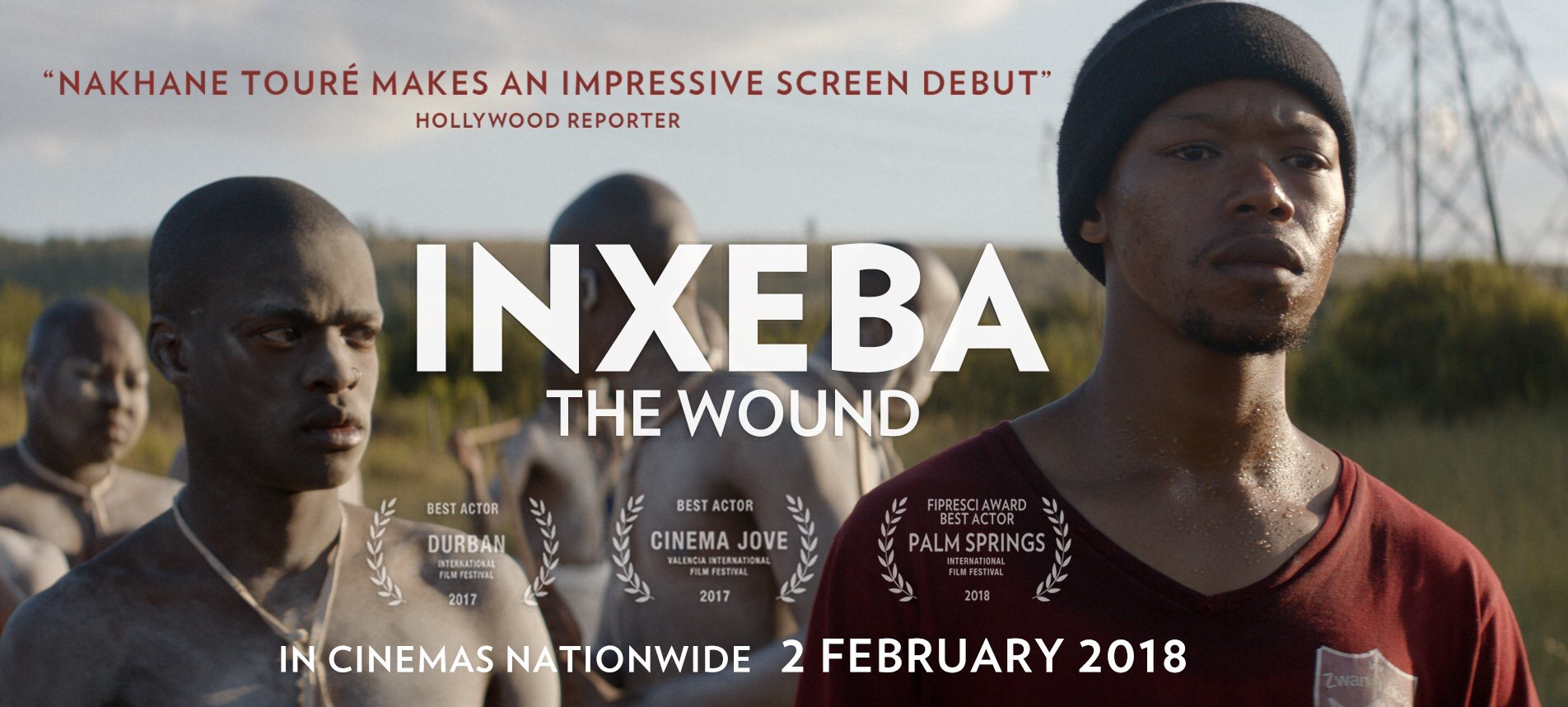I have been paying attention to the conversation around the premier of Inxeba, a movie that looks at how gay black men are marginalised and discriminated against in the Xhosa traditional practice of initiation school (ulwaluko). It is quite shocking to see the kind of uproar a movie has created amongst (straight) black people, particularly straight Xhosa men, who claim that they are upset because the movie exposed the “sacredness†of the culture. I disagree with this argument and I would rather say that the movie has made many straight people uncomfortable because it gave gay black men their identity and voice to narrate their lived experiences.
Ulwaluko is a cultural rite that has been practiced by amaXhosa for centuries. Young Xhosa men have to undergo this practice to be educated on whats it means “to be a man.†However, as times changed, so did the purpose of the practice. As a young Xhosa men who also went to initiation school, I can attest that the ritual has lost its meaning and purpose, compared to the times of our fathers and forefathers. We have seen, read and heard numerous stories and cases where young initiates are dying because of dehydration and mutilation. Just last year, the 2017 initiation school season in the Eastern Cape, recorded 25 dead initiates due to negligence and dehydration from traditional caretakers (ingcibi). Initiate deaths have gotten to a point where they come as no surprise to many of us, but we have not seen of any radical retaliation from Xhosa men.
However, a movie that also speaks on the harsh lived realities of many gay men who go to initiation school sparked so much outrage that the premier of the movie had to be canceled in some parts of the country. I then asked myself, did this movie just expose or bait how homophobic South Africans are, or is the movie making straight people uncomfortable watching black gay men claiming their identities and narratives?
Despite having South African laws that have legalised the existence of being queer, we cannot ignore that fact that South Africans are still queerphobic, to the point where people are still being killed for their sexual orientations. Following the official premiere of the movie, I have been following reactions and conversations on social media, and I have been reading comments where Xhosa men have been saying the movie is an embarrassment to the Xhosa culture because it distorts the true purpose of the ritual and portrays it as an environment that promotes gay relationships.
This was also a shared sentiment by the Congress of Traditional Leaders in the Eastern Cape, which said that the movie displays the ritual inaccurately. While these views may have come as a shock to the general South African public, I was not surprised by these homophobic remarks, because many black gay men grew up in communities that told us being who we are is not accepted and tolerated in our cultures.
Instead, what I took from the reactions was that straight black people, in particular, are uncomfortable watching black queer bodies, bodies which have been subjected to heteronormative oppression and hatred, finally resisting and challenging the status quo. We have had numerous films and documentaries that have spoken out of the marginalisation of queer black bodies, but many people were able to avoid them because they didn’t make it into mainstream media. For years we have watched “on the surface†representations of queer bodies in the media, which I would argue is done to make heterosexual people still comfortable.
However, most of the time, these representations are out of touch with the realities of queer people or even inaccurate representations of queer people. Inxeba speaks on gay lived experiences, the discrimination and homophobia many young gay men face at initiation schools, and I firmly believe that the anger from the Xhosa community comes guilt and knowing that they are the cause of these experiences.
While many of us may have experienced homophobia in “less severe ways†that others, at some point many gay men would have a story or two to share about the overt or covert homophobia they experienced while at initiation school. The argument that Inxeba exposes a sacred culture falls flat and cannot be substantiated because the internet already has way more graphic information about what happens during the ritual. When are the same people boycotting the movie going to boycott Google? The real issue here is not about the movie being set eNtabeni, where initiation is practiced, it is because straight black men are feeling uncomfortable watching black gay revealing how men use culture to entrench homophobia.









